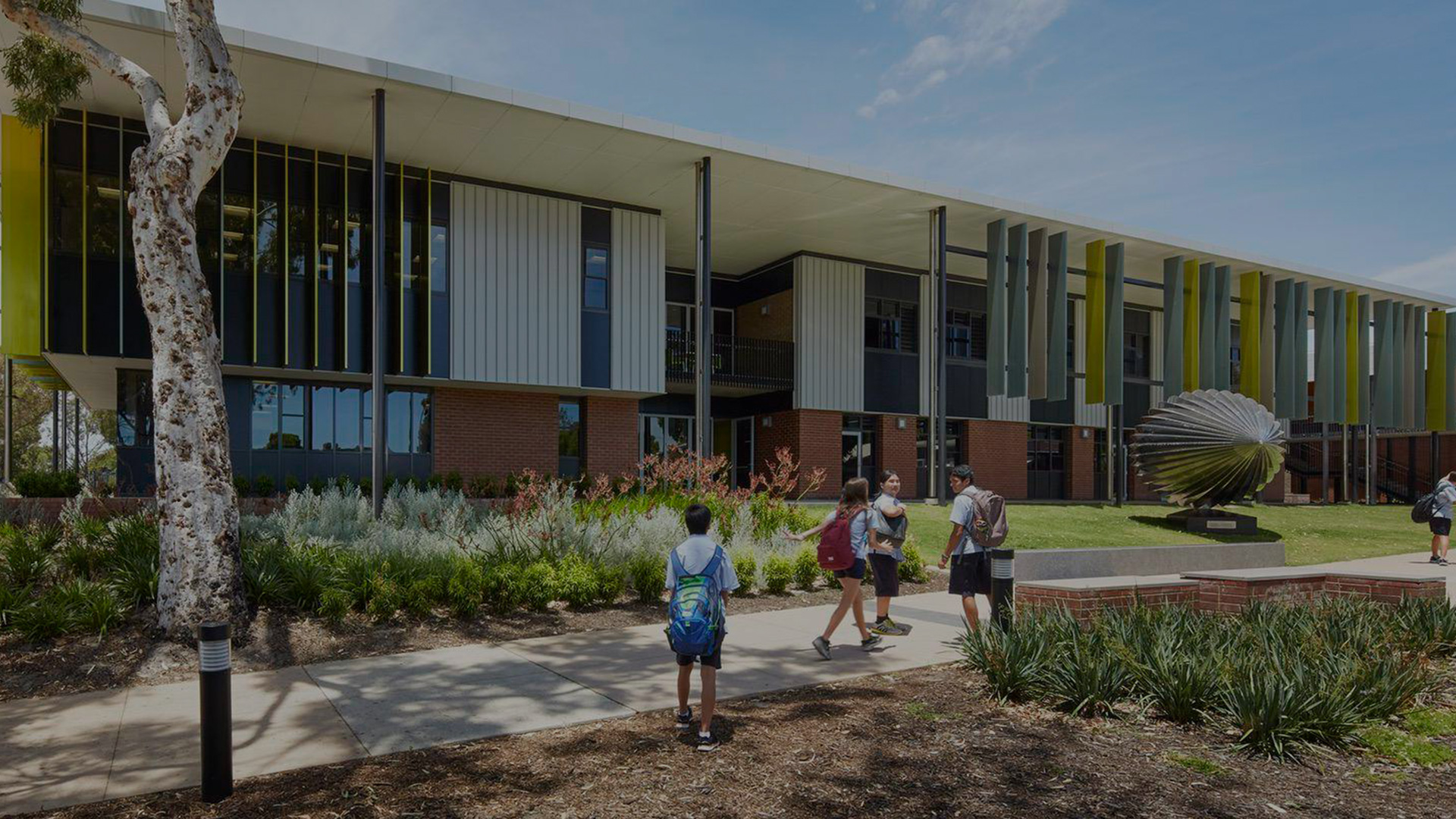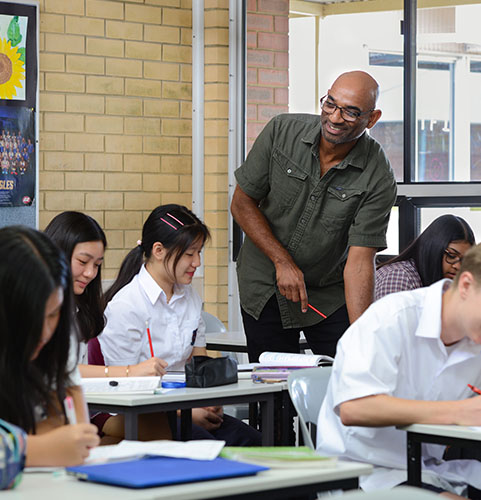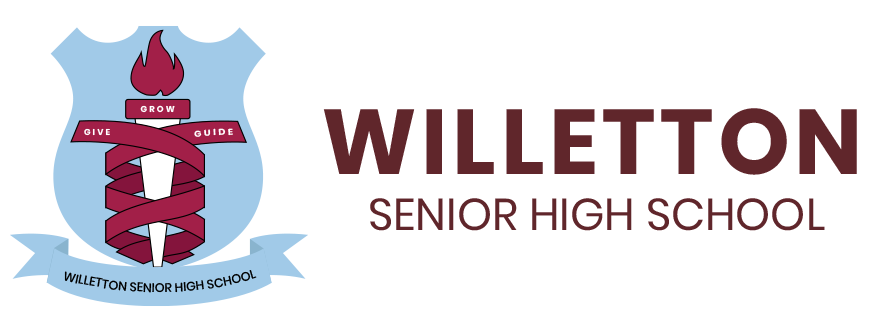
Mathematics
Learning

OVERVIEW
Mathematics aims to develop the numeracy capabilities that all students need in their personal, work and civic life, and provide the fundamentals on which mathematical specialties and professional applications of mathematics are built. It strives to provide students with essential mathematical skills and knowledge in Number and Algebra, Measurement and Geometry, and Statistics and Probability.
Mathematics aims to instil in students an appreciation of the elegance and power of mathematical reasoning and of the ideas that have evolved across all cultures over thousands of years. It plays a pivotal role in the promotion of technology generally and continues to change significantly as a result of the impact of computing technologies.
The Mathematics curriculum focuses on developing increasingly sophisticated and refined mathematical understanding, fluency, logical reasoning, analytical thought and problem-solving skills. These capabilities enable students to respond to familiar and unfamiliar situations by employing mathematical strategies to make informed decisions and solve problems efficiently. Students are encouraged to be engaged in autonomous learning processes, to think laterally, recognise individual and group opportunity and potential and be prepared to test options. Moreover, students are continually developed to become self-motivated and confident in their approach to learning mathematics and to work individually and collaboratively. To recognise that each person has the right to feel valued and be safe and, in this regard, understand their rights and obligations and behave responsibly are equally critical objectives.
The Mathematics Learning Area supports and contributes to the numeracy and literacy work of the school by setting expectations and providing feedback and support to students that is consistent with community ideals in numeracy and literacy. Indeed, the Mathematics Learning Area encourages students to use language to understand, develop and convey ideas and information and interacts with others by assisting them to learn to read, write, listen to and talk about Mathematics, and to develop the range of special symbols, vocabulary and diagrammatic representations that Mathematics contributes to language.
The Mathematics Learning Area comprises experienced staff across all learning standards and courses. The school is fortunate to have such a talented pool of subject matter experts.
ROLE OF HOMEWORK IN LOWER SCHOOL
Students attending lower school Mathematics classes (Years 7 to 10) will be provided regular homework designed to summarise the critical outcomes/objectives being targeted in class during instruction. Homework can be used to support a final grade and should be treated seriously by students as a means to validate understanding and application of concepts learned in class.
Parents should encourage their child to study Mathematics at least three times per week by revising class notes, re-working standard examples provided by the teacher during instruction and reviewing activity worksheets. Regardless of the new skill being learned (mental or physical), students will improve their performance only by regular practice. In general, formal homework is expected to be returned (completed) by the DUE DATE. Consequences apply for non-compliance.
PATHWAYS IN THE MATHEMATICS EDUCATION
In order to cater to the different abilities of the students, the Mathematics department streams students into different pathways to help them achieve to their highest potential. Pathway 1 is the Extension Program where students will be challenged to prepare them for the highest ATAR course in the future. This Pathway will include students that have been selected to do the Gifted and Talented Program by the Department as well as top students identified by the Mathematics staff. Pathway 2 consists of the mainstream program where students are given a good solid grounding on the Australian Curriculum to prepare them for the basic ATAR courses in the future. Pathway 3 consists of the modified program where students are prepared for non-ATAR General courses in the future, as well as to help students who are at risk of not achieving OLNA.
Year 7
- Pathway 1: Extension Program
- Pathway 2: Mainstream Program
Years 8, 9 and 10
- Pathway 1: Extension Mathematics
- Pathway 2: Mainstream Mathematics
- Pathway 3: Modified Mathematics
Years 11 and 12
- Mathematics Essential
- Mathematics Applications
- Mathematics Methods
- Mathematics Specialist


